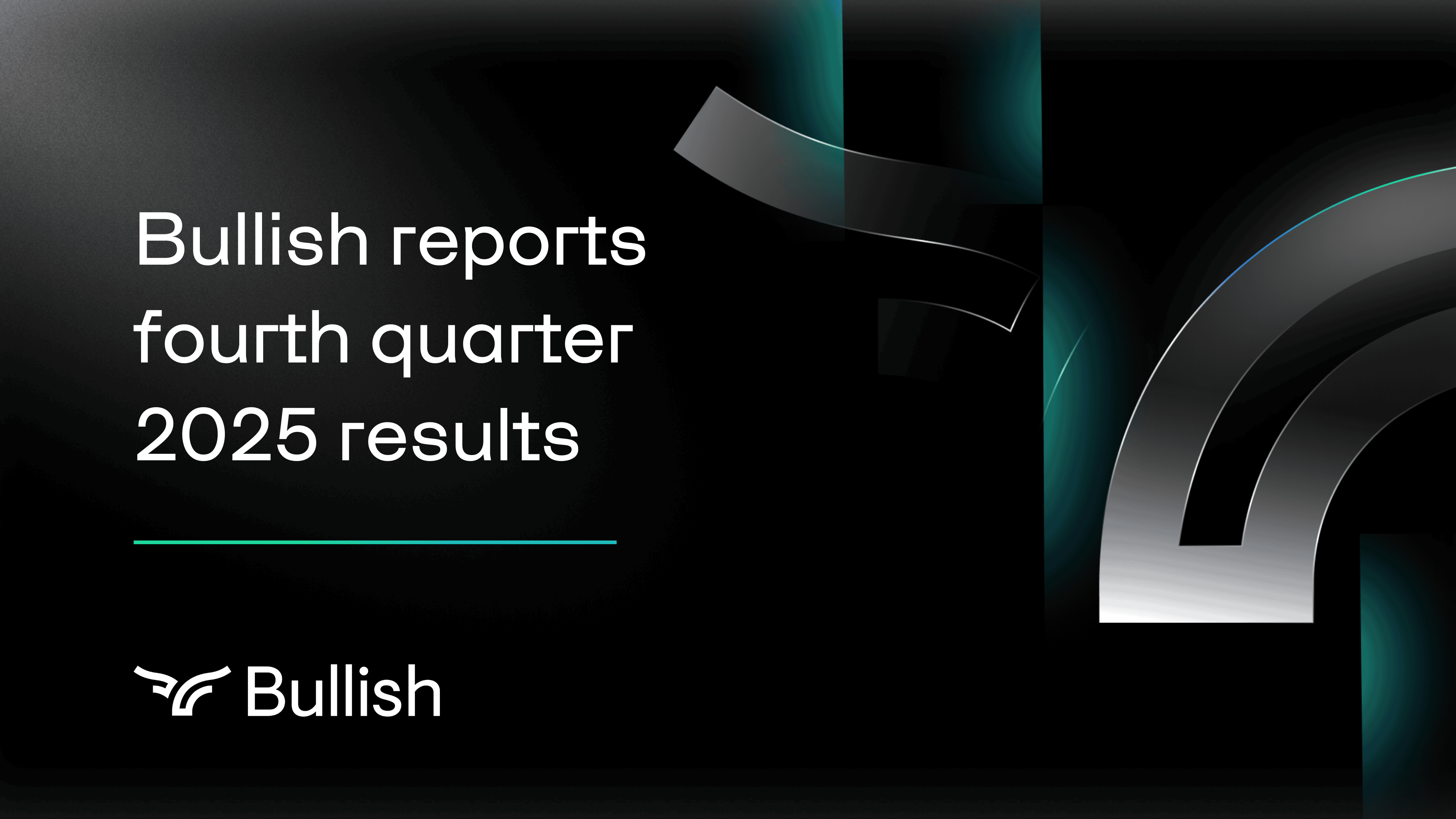The Bullish Professional Trading Competition is underway. Track the top traders.
The Chainlink stack provides the essential data, interoperability, compliance, and privacy standards needed to power advanced blockchain use cases for institutional tokenized assets, lending, payments, stablecoins, and more. Since inventing decentralized oracle networks, Chainlink has enabled tens of trillions in transaction value and now secures the vast majority of DeFi.
Chainlink was founded in 2017 with the release of its original white paper, co-authored by Sergey Nazarov, Steve Ellis, and Professor Ari Juels, laying the groundwork for decentralized oracle networks that bring real-world data and computation to blockchains. Chainlink has evolved into the industry-standard oracle platform bringing the capital markets on-chain and powering the majority of decentralized finance (DeFi). The Chainlink stack provides the essential data, interoperability, compliance, and privacy standards needed to power advanced blockchain use cases for institutional tokenized assets, lending, payments, stablecoins, and more. Since inventing decentralized oracle networks, Chainlink has enabled tens of trillions in transaction value and now secures the vast majority of DeFi.
Many of the world’s largest financial services institutions have also adopted Chainlink’s standards and infrastructure, including Swift, Euroclear, Mastercard, Fidelity International, UBS, ANZ, and top protocols such as Aave, GMX, Lido, and many others. Chainlink leverages a novel fee model where offchain and onchain revenue from enterprise adoption is converted to LINK tokens and stored in a strategic Chainlink Reserve. Learn more at chain.link.
The public sale of LINK, the native token was held on September 19, 2017.
In order to bring determinism to the oracle layer, Chainlink has developed a network of decentralized oracle networks (DONs), with each DON involving a combination of multiple security techniques needed to service a particular use case.
The Chainlink stack supports multiple open standards for designing and operating oracle services, which currently span four key verticals: 1) Data, 2) Interoperability, 3) Compliance, and 4) Privacy. Built upon these standards exists an ever-expanding collection of modular, purpose-built oracle services, which can be easily created and seamlessly composed using the Chainlink Runtime Environment (CRE). CRE is a developer platform and decentralized execution environment for running, managing, and composing oracle services into scalable end-to-end solutions, which run in a highly secure, reliable, and cryptographically verifiable manner.






